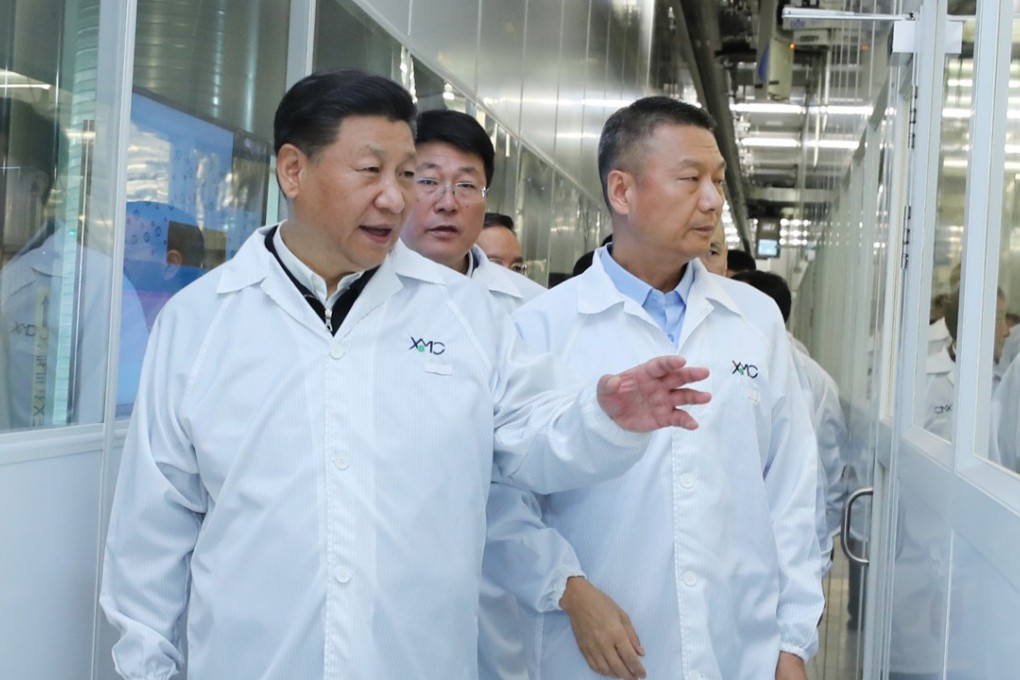Xi Jinping urges China to go all in on scientific self-reliance after ZTE case exposes hi-tech gaps
Chinese president says innovation is central to the country’s standing on the world stage

China will double down to make breakthroughs in core technologies, Chinese President Xi Jinping said on Monday as he urged the country’s top scientists and engineers to build China into a global hi-tech leader.
Xi issued the rallying cry amid continued pressure from Washington over Beijing’s “Made in China 2025” programme, a strategy to advance China up the industrial technology chain.
“The situation is pressing. The challenges are pressing. The mission upon us is pressing,” Xi said in Beijing at the opening of the joint annual conference of the Chinese Academy of Sciences and Chinese Academy of Engineering.
The United States has taken aim at Made in China 2025 with threats to impose tariffs on Chinese imports. Despite an easing in trade tensions, the White House appears determined to contain China’s ambitions to be a leading power in various technologies, including aerospace, industrial robots, software, high-speed trains and semiconductors.